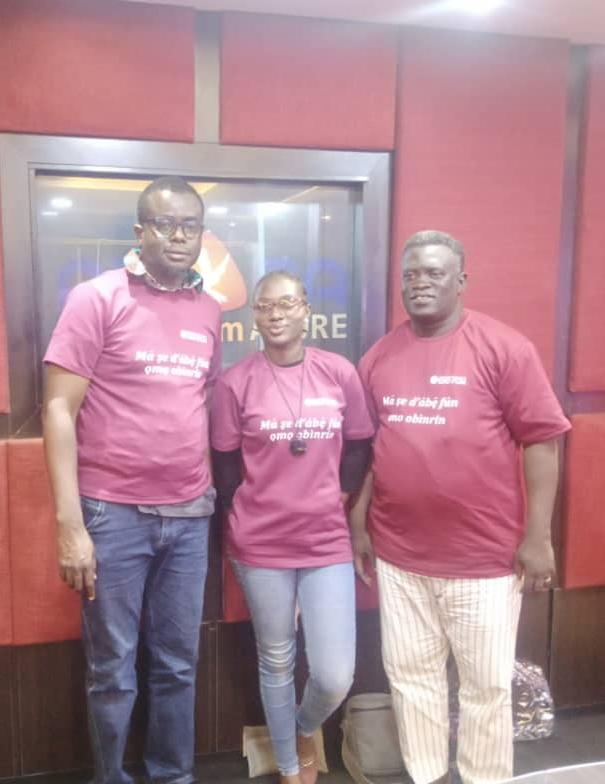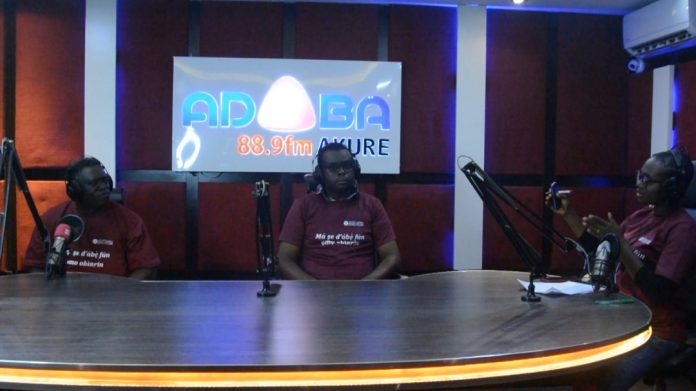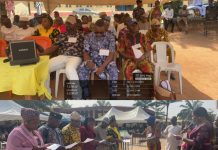
By Olusegun Hakeem Adebumiti, Akure.
Domestication of the Violence Against Persons Prohibition, VAPP Act in Ondo State, more concerted efforts to break religious and cultural barriers as well as sustained sensitisation will help reduce the practice of Female Genital Mutilation, FGM.
This formed part of submissions by experts including a medical practitioner, Dr Banke Oluwafemi, a social worker, Ireti Adesida and chief Taiwo Fagite, the traditional Aide to the Deji of Akure.
They gave the suggestions at a special programme on Adaba 88.9fm sponsored by the Global Media Campaign to End FGM in commemoration of this year’s International Day of the African Child.
According to Chief Fagite, it is disheartening that millions of girls still ‘come under the blade’ every year as a result of age-long practice of female genital mutilation.
He therefore stressed the need for more campaigns to religious and traditional birth attendant homes where this practice is still being done with impunity.
“The Palace of the Deji of Akure is ready to partner any willing non-governmental organisation to end the practice of female Genital mutilation” he assured
Also speaking on the programme, the Chief Medical Director of Mother and Child Hospital, Akure, Dr Banke Oluwafemi listed some of the effect of FGM on the girl child to include emotional torture, barrenness, difficulty in child bearing and unpleasurable sex life.
Dr Oluwafemi, a consultant paediatrician who explained that it is a misconception that FGM prevents promiscuity added that there is shortage of doctors to treat Vesicovaginal fistula, VVF, a resultant condition for victims.
“More than ever before, there needs to be more awareness on the dangers of FGM. It is time we stop the misconception that it prevents promiscuity. The risk of the girl child dying from bleeding, emotional torture and lifelong scar are enough pointers to end this archaic and non-medical practice.” Dr Oluwafemi explained.
While lending his voice to the advocacy, Founder of Rhealyz Africa, Ireti Adesida appealed to more men to join the campaign as pillars of the home.
He expressed optimism that the practice will be reduced when the VAPP Act is domesticated in the state.
“There should be more programmes like this, the people should also engage their lawmakers on the need to urgently pass the VAPP bill while more survivors should also come out to share their experiences” Mr Adesida counselled.

Callers on the special programme including Deborah from Akure, Obaado from Idepe Okitipupa and Kulumbu from Ipele commended the Global Media Campaign to End FGM and the presenter, Moninkanola Ogidan for the deep insight with a call for more of such engagements.















